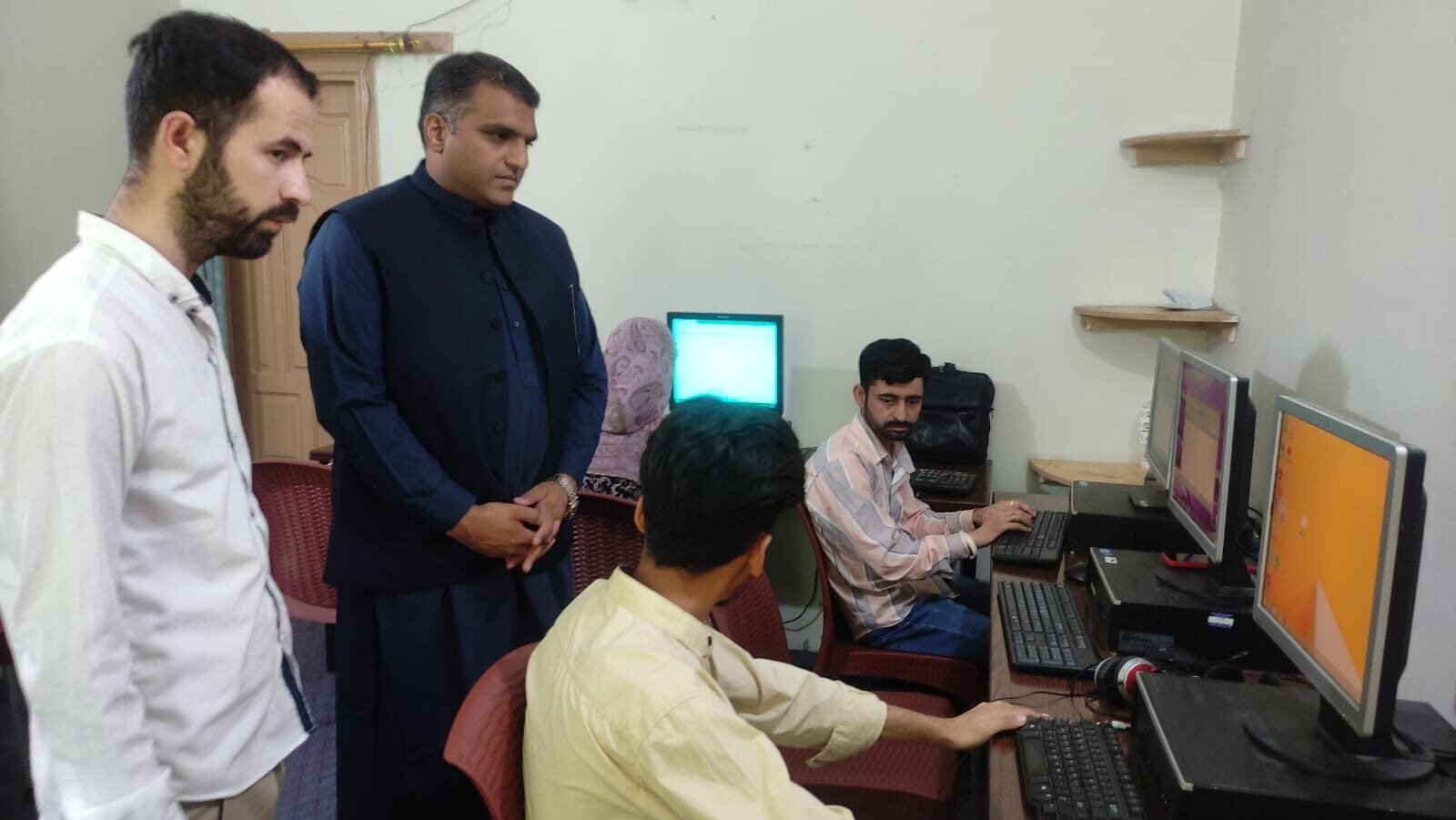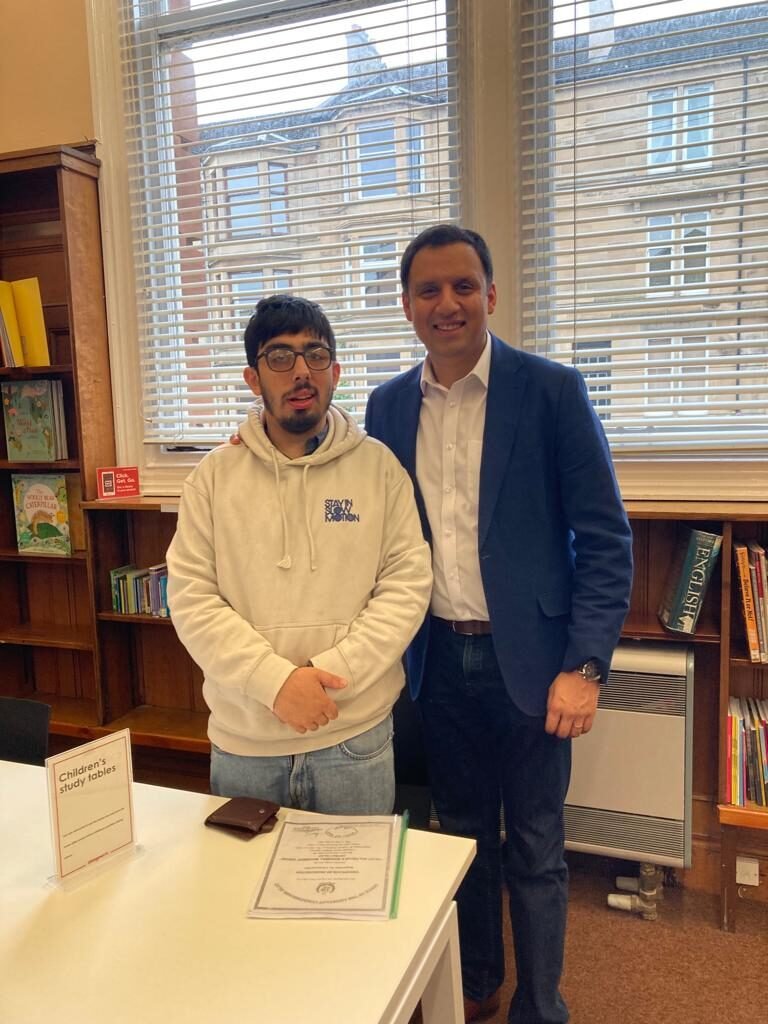Tag: Scotland
Review of Care About Us Podcast.
I want to thank Jamila Shaikh of The Glasgow Disablity Alliance for giving me the honor of writing a review on the Glasgow Disability Alliance Podcast Care About Us, which can be found on Spotify, https://podcasters.spotify.com/pod/show/care-about-us.
About the organization.
The Glasgow Disablity Alliance, which I happen to be a member of, is the largest organization of disabled members in Europe and a leading, celebrated example of a grassroots community of identity driving improvements to disabled people’s lives in parallel with more comprehensive changes to policies, services, and society https://gda.scot/. It has many forums within the organization, including The BAME Network, which will be discussed later on, Drivers for Change, a Social Policy Reformist Group of Disabled Individuals, and many others you could browse in your own time.
Clash of Ideologies
Though the heading may be misleading, in this podcast, we heard the stories of disabled people who are predominantly white. While this is not meant to suggest a racial difference, it is intended to indicate how our South Asian mentality towards Persons with Disablities needs to be more apparent and voiced. For instance, the members of this podcast are Scottish and know how to communicate about such a situation, just like Rosie.
I have mentioned on my social media feed that the Scottish Disabled Youth expressed themself freely in numerous events held by the GDA https://www.facebook.com/ardi.baig/posts/pfbid02yW9TQFeCgivvFUk8r53UhHvexGUWrYufxiP1RK4cWkX1dXbeniSfxGdyG8Peitiql. Why is it the case that we do not hear of the Stories of South Asian in these communities forums? Is it because we are excluded from such meetings? NO! Rather the opposite.
Fighting against the status quo of mentality – ذہنیت
It is because we do not consider this to be an issue. Where one disabled person calls for the reform of a policy, one is suppressed, said Jamila Shaikh, GDA Official. Unlike in Gilgit Baltistan, which to an extent has been influenced by European culture through the likes of German writers publishing books on the subject, and other influences, there are sociopolitical factors that need to be discussed when discussing the issues of South Asian Persons with Disablities in the UK, including :
- Geographical boundaries
- Social settings
- Selected Morals, Values, and Belief systems
- Lack of reading culture.
I find the 4th one the most critical factor in determining this due to the lack of information we receive. For example, I just recently found out about the BAME society.
Jamila Shaikh’s vision for the GDA BAME society.
I recently met Jamila at the start of 2023, and I think we both understand the challenges for BAME society. To be clear though I am a member, I volunteer at the BAME society and help Jamila in certain events. Jamila’s work spans nearly two decades, first at the Royal National Insitute of Blind People and now at the GDA. Though her work covers dealing with
- Refugees.
- Women, particularly in the Punjab regions (Indian Punjab and Pakistani Punjab)
- Asylum seekers,
no one has supported this be it from any South Asian community.
GBGM commitment to the GDA
Though our organization is young in nature, our platform https://gbgoodwillmovement.com can be used for the promotion of the Glasgow Disablity Alliance and find commonalities with the GDA’s BAME Group in Glasgow.
If anyone wants to email Jamila, please contact her at : jamila@gdaonline.co.uk
Copyright of Image: GDA, 2023
Stories of the resilient – Ghulam Muhammad Baig
If we can not compete within the circle, why bother competing? Why should one get an opportunity if one can not strive to work hard? Something like that is similar to my story.
My name is Ghulam Muhammad Baig. Currently, I live in Glasgow, Scotland, with my family. Initially, I am from Hunza, Gilgit Baltistan. I am going into my final year at the University of Strathclyde Glasgow, hopefully graduating with a BA Honours Major in Politics and a Minor in History. I started my education in Pakistan and then moved with my family to Glasgow, Scotland, UK, at age seven in 2006.
Living in a Pakistani family setting with a disability is different than other cultures. Though even in Pakistan, we were living in a privileged household, with my father being an army doctor in the Pakistan armed forces: the lack of awareness within South Asian Households and especially within the military, as it deals with minor and significant injuries was quite surprising. Yes, you do have to realize that it is a part of society, but the fact that many men were injured in wars, you would expect some greater awareness within the military establishment. However, moving on, I went to Sesame school in Abbottabad, and then later on, when we moved to Rawalpindi, I attended the Umeed E Noor School in Islamabad, which the Hashoo Foundation, now a close ally of this organization (https://gbgoodwillmovement.com). Though not fully aware but by then, I had started being aware that I have got some disabilities in the form of difficulties in speaking, eating, walking, handwriting, and doing things with my hands.
Then when I came to the UK, I started to attend a special needs school called Kelbourne Primary, where I studied there for five years. Those five years were really important in improving my language and communication skills. The support I got there in the form of education, speech therapy, hydrotherapy, physiotherapy, and occupational therapy transformed some of my disabilities into abilities. After completing primary school, I went to a special needs secondary school named Ashcraig Secondary School where I spent six years. The years at Ashcraig were more challenging, mentally and physically. This school had students from different cultural backgrounds, and I had real difficulties coping with my peers. However, I learned from errors and mistakes and gained confidence by the sixth year, to the extent that I was able to speak on any issue in front of the whole school, and many of my teachers were happy with me. After acquiring the necessary qualifications set by the Scottish Qualifications Authority (SQA), I was able to be enrolled in the social sciences course at the City Of Glasgow College where I graduated in 2021. I am interested in the social sciences because I want to investigate how society functions, what are the different attitudes within society, and what are the different hurdles/barriers in society
How did Goodwill Movement Begin?
During the time of the Coronavirus Pandemic, when we were all locked at home and had nothing else to do apart from watching TV and using social media, it was the time I decided that I should help and campaign for the disabled community of Gilgit Baltistan in whatever capacity I can and this is where the idea of creating the Goodwill movement came from.
When I look at the experiences of disabled persons in Pakistan and compare it to the UK, here, society treats its disabled community equally. As a disabled student studying at the City of Glasgow College, I can say that the disability issue in Gilgit Baltistan has remained a long-term neglected issue.
Initially, I did primary research on the disability issue in Gilgit Baltistan by contacting two well-renowned disabled rights activists, Irshad Kazmi and Amjad Nadeem who provided me with an insight into the disabled community of Gilgit Baltistan.
According to them, the government of Gilgit Baltistan has attempted to address this issue by involving Nadeem and Kazmi in the decision-making process, but we collectively feel that the issues faced by the disabled community cannot be solved solely by the government. I even supported Nadeem’s work and projects by creating a local volunteer team and funding them for their projects via Facebook fundraisers.
Where does Goodwill Now stand
Though the idea of fundraisers is very effective, I and a few other activists https://gbgoodwillmovement.com/about-us/ established the Goodwill Movement so that at the same time as persons with disabilities are receiving aid in terms of food, water, medicines, and shelter, PWDs can receive free training and more importantly it is the first IT centre for Adult PWDs, so that Persons with Disablities could gain the opportunities just like the opportunities that I gained in the UK.
To read more on it, please visit https://gbgoodwillmovement.com and to keep supporting our projects please visit https://gbgoodwillmovement.com/donate-us/.
Donation policies can be found here : https://gbgoodwillmovement.com/which-actors-play-a-role-in-inclusive-policymaking/
Thank You!
What Ethical Governance within Pakistan should mean for Disabled People
After meeting Anas Sarwar yesterday, I had some more reflections I thought would be helpful to share with people who interact with Persons with Disabilities daily.
Networking in Scotland with the Scottish Labour Party Leader.
On the request of the CEO of Gilgit Baltistan’s Goodwill Movement – GBGM, Mr. Ghulam Muhammad Baig was hosted by Mr Anas Sarwar, local Scottish Labour Party leader and leader of the joint opposition in the Scottish Parliament. Mr Sarwar is the first Scottish Pakistani Labour Leader to serve in the Scottish Parliament and has served in the past in the National Health Service as a dentist, serving the local community.
Mr. Sarwar said,’ This is an opportunity for us to work together on the disability issue in Pakistan and Scotland.’ Mr Sarwar agreed to support the GBGM in his capacity. Mr. Baig thanked him for his support. Other items which were discussed on the agenda were: How can we work together for the disabled community and the other was how can they create a positive image of disabled South Asians within their community.
Some of the main points which were discussed were how both parties could contribute to disability awareness among Scottish South Asians, creating a positive image of South Asians Persons with Disablities in Scotland, and how they can further this aim in Gilgit Baltistan and Pakistan.
If every opposition party leader entertained GBGM, as Anas Sarwar did, then we would have been a more inclusive society in Gilgit Baltistan.




